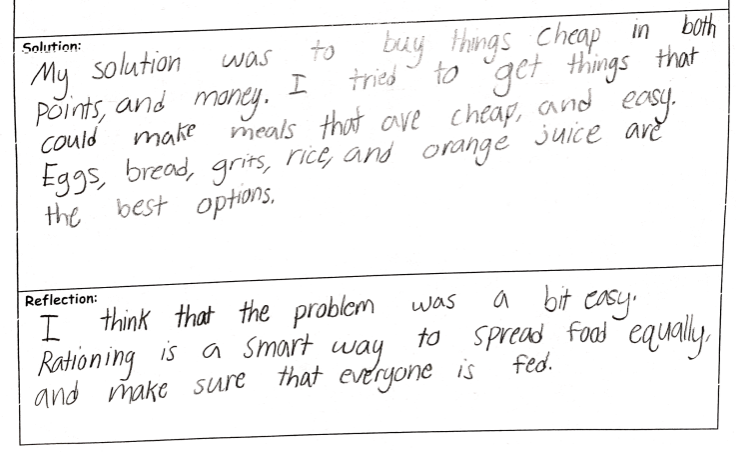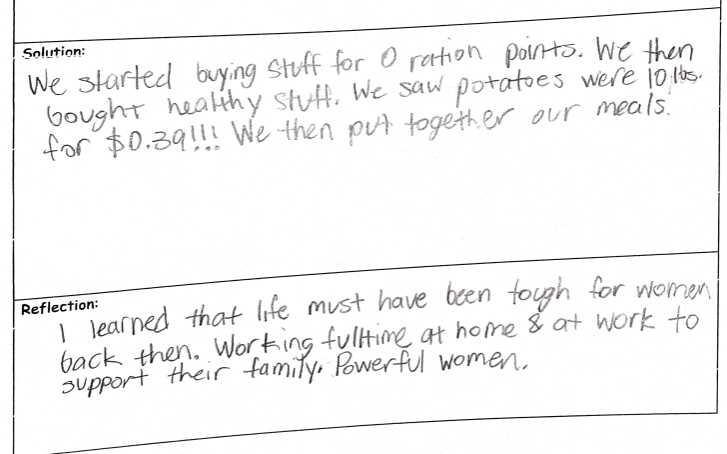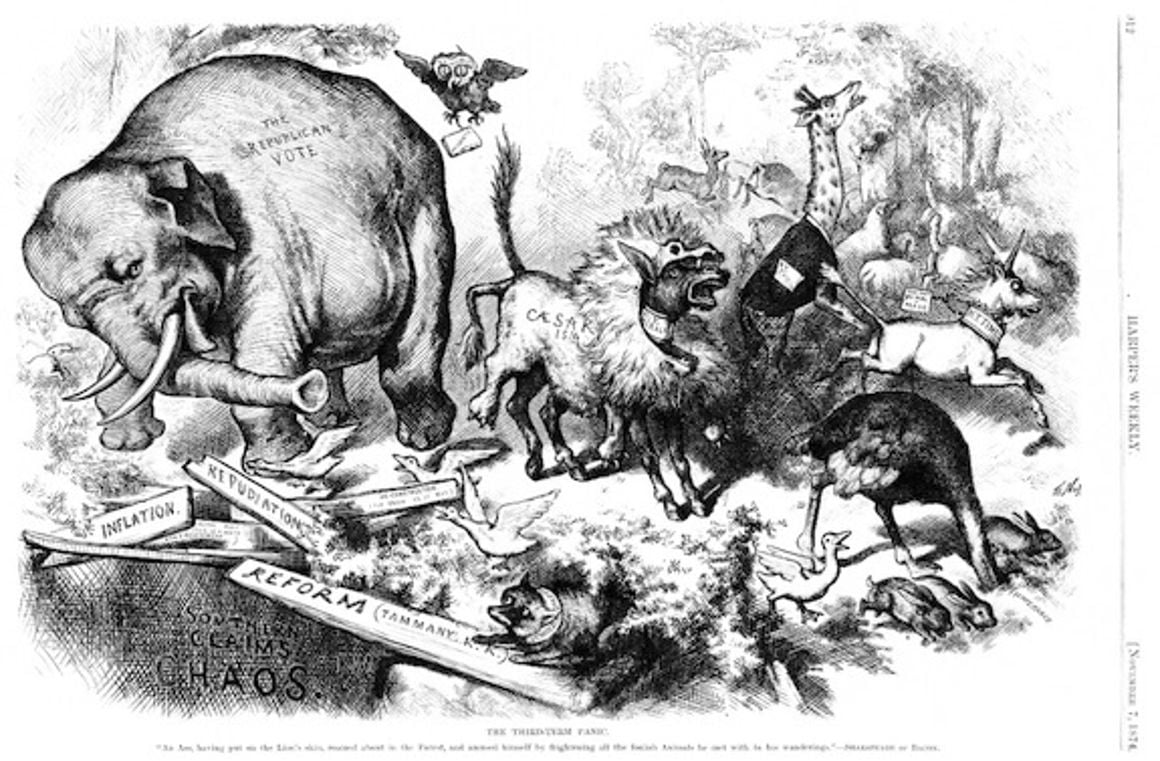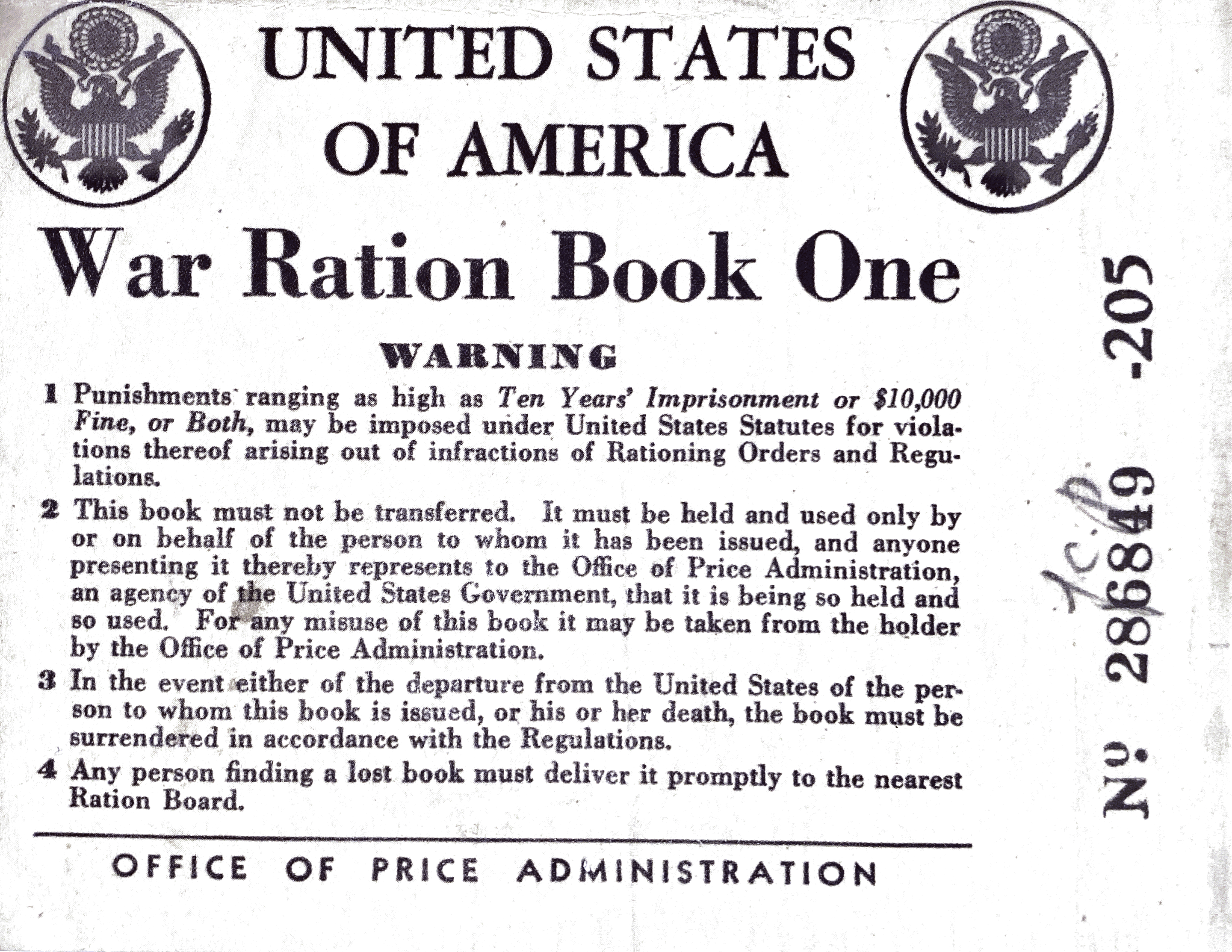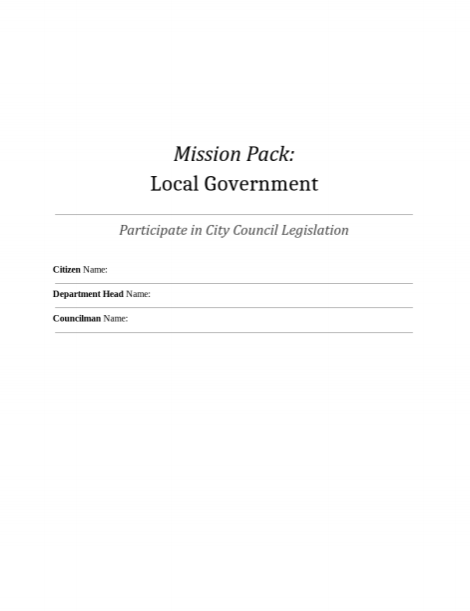Standard #5: Application of Content
The teacher understands how to connect concepts and use differing perspectives to engage learners in critical thinking, creativity, and collaborative problem-solving related to authentic local and global issues.
The teacher uses interdisciplinary knowledge to add complexity to their content area, thus enhancing student learning. Inquiry-based approaches allow for innovative thinking and solid independent learning. A teacher should utilize interactive resources and technology, while ensuring students know how to collect information ethically and efficiently. The teacher focuses on disciplinary and interdisciplinary communication skills so students can present their knowledge in multiple contexts, to differing audiences. When effectively integrated into the curriculum, interdisciplinary skills can enhance local and global awareness.
Application of content answers students’ questions about how content knowledge can be transformed into real-world problem-solving. For example, in order to understand the sequence of many American historical events, a student must be aware of government practices which enabled their occurrence. Studying history gives students ample opportunity to strengthen their research and language skills. Additionally, historical knowledge absolutely strengthens one’s opinion on global issues such as the environment, poverty, health, and civil rights. Acknowledging the interconnectedness of such disciplines can help students advocate effectively.
This is a political cartoon activity that was part of a lesson plan introducing the topic of Political Parties. It provided some historical context, but also asked students to pull from their language arts knowledge to analyze concepts such as satire and metaphors. Political cartoons can help students practice applying content knowledge to interpret media, because they document the gradual development of political parties as we know them today. Some had a strong hand in shaping public sentiment towards parties.
Content knowledge can be transformed into a real-world problem for students to grapple with in a performance-based assessment. A rationing PBA allows students to experience how the implementation of a policy actually affected everyday people like themselves. Students are given real-world “materials” in the form of ration points, money, and a shopping list, and their knowledge of how rationing functions allows them to solve the “problem” well. An example of a ration book and an outline to reflect on metacognitive thinking and collaboration with peers also serve as an assessment of student ability to apply what they know.
